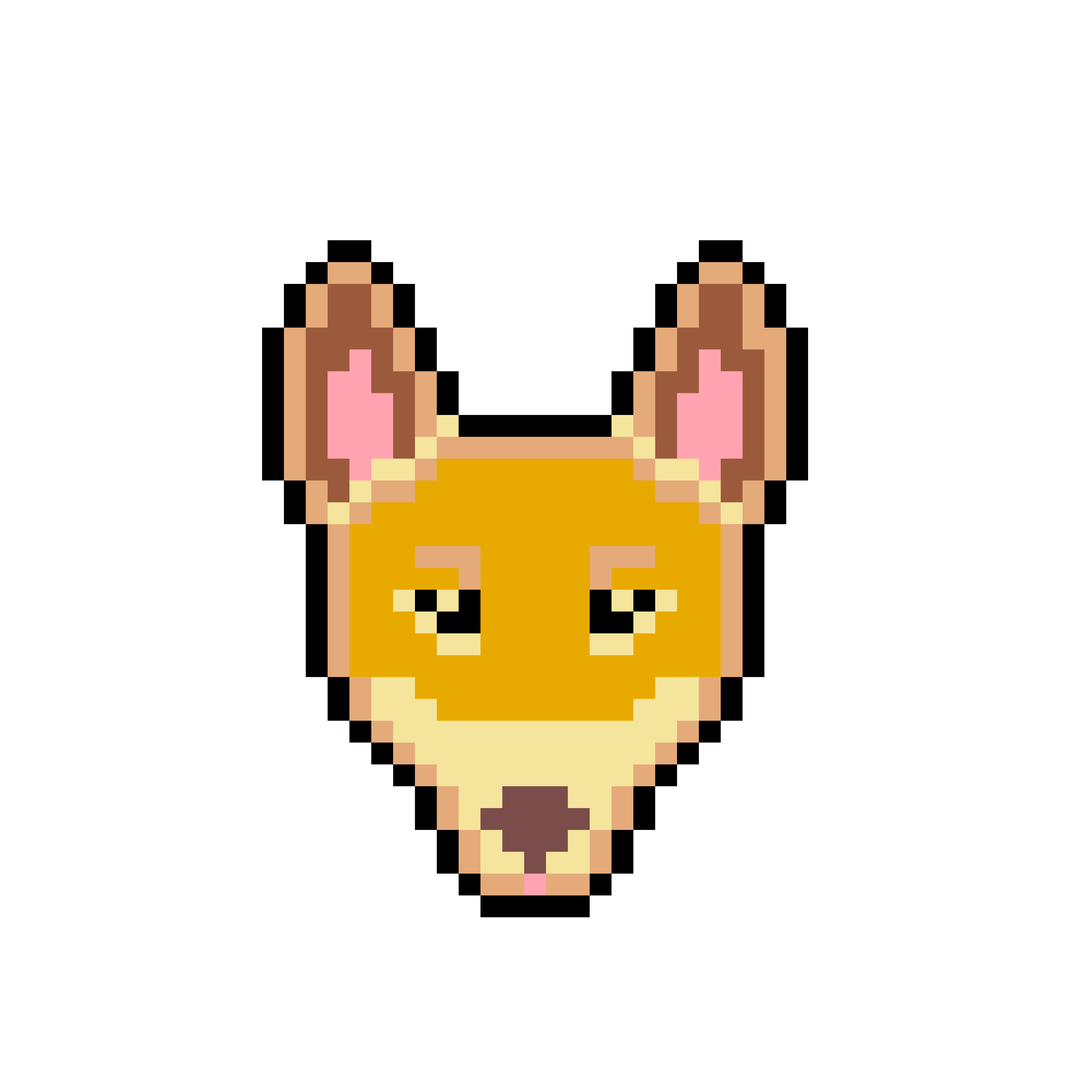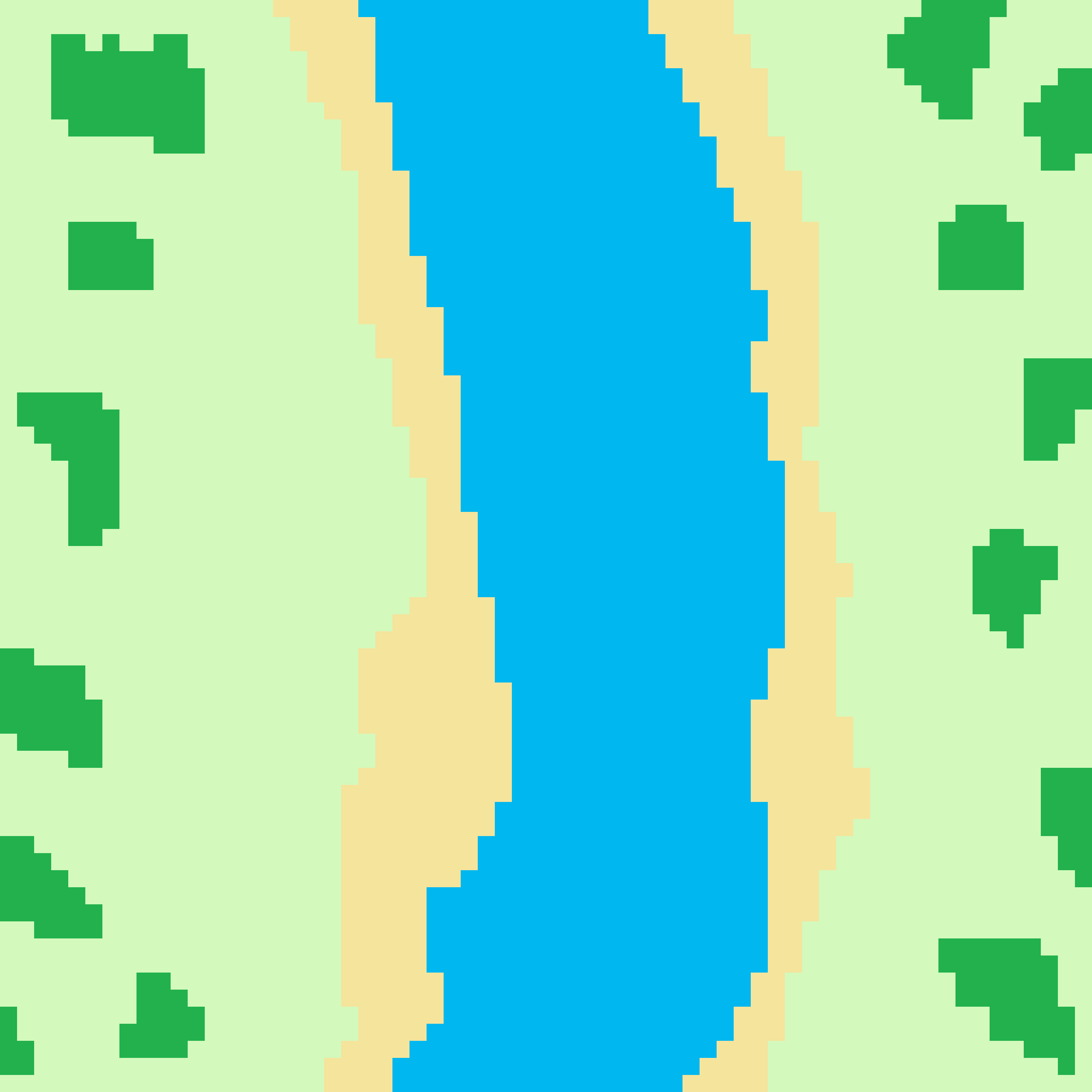Writing
Interesting pieces of writing about dingoes.
About Dingoes
Introduction
Dingoes are the largest predator on the Australian continent. They have a very important place in the eco system of Australia.
Origin
Dingoes are native to Australia and evolved to be the dingoes we know and love over a long period of time.
Appearance
They are medium sized Canids (the group dogs, wolves and dingoes are in). They have extremely strong jaws and sharp claws.
Reproduction
Dingoes have a gestation period of around 61 to 69 days. They have litters of on average 4 to 6 pups. They mate in Autumn.
Diet
Dingoes eat Mammals, Reptiles, Birds, Amphibians, and Fish and are the apex predator in their eco-system. They eat: Snakes, Lizards, Birds of Prey, Turtles, Crocodiles, Sharks, Kangaroos, and Wallabies.
Lifespan
In the wild most Dingoes live around 7 to 8 years. Some have been recorded in the wild living up to 10 years. Typically in captivity, they will live for 14 to 16 years. One dingo has been recorded to live just under 20 years.
Types of Dingo
Alpine Dingoes
Alpine Dingoes are found in the Australian Alps, Victoria and New South Wales and are ginger in colour. They are furrier than other Dingoes because of their habitat.
Desert Dingoes
Desert Dingoes are found in most Australian Deserts and are beige to white in colour. They have short fur to cope with the heat of the desert.
Tropical Dingoes
Tropical Dingoes are found on some coastal areas and are darker than most other Dingoes in colour. They have medium length fur.
Fun Facts
- Dingoes are not dogs. They are anatomically and behaviourally different, and are classed as a unique species called Canis Dingo.
- Dingoes do not bark like a dog but howl, chortle, yelp, whine, growl, chatter, snort, cough and purr.
- Dingoes have a broad diet including fresh meat, fish, eggs and carrion (dead animal).
- Dingoes lack body odour.
- Dingoes have no natural health issues and are immune to paralysis ticks.
- Dingoes have far more flexible limb and hip movement than dogs. They can rotate their wrists and their hips. These adaptions aid hunting and moving through burrows.
- Dingoes have much larger canine teeth than dogs.
- Males also participate in the teaching of the young.
- Dingoes can run 60km/hour, travel 40km a day, jump two metres high and successfully climb trees.
- Dingoes are driven by nature's survival instincts: hunting, reproduction, and protection of territory and family.
- Dingoes are only the males, Tingoes are the females.
- Dingoes are allowed without a permit in only New South Wales. Dingo owners are required to have a permit in Northern Territory, Western Australia, Victoria and the ACT. It is illegal to keep a Dingo in Tasmania, Queensland and South Australia.
The Dingo - Poem
I can see a lean, tan dingo, I can see it looking at me, staring at me, in wonder.
I can see its brown face with its small wet nose, its round, big eyes and its erect ears, listening.
I can smell the arid, dusty scent of the desert as it rushes toward me, carried by the warm wind.
I can feel the gritty sand whipped up by the strengthening wind, hitting both me and the dingo.
I can taste the dry taste of thirst as I trudge on toward the majestic dingo.
I spotted another dingo - the mother. She gathers her pup, and with one final, lingering howl, they vanish into the distance.
Save The Dingoes - Conservation
Dingoes deserve our protection, and it is important that more people understand why. Every year, around 5,000 Dingoes are killed, mainly because they are seen as a threat to livestock by farmers and workers. They are often baited, poisoned, or shot, which is a huge problem.
What people do not always realise is that Dingoes actually play a crucial role in protecting livestock by controlling the population of feral animals like cats, foxes, and rabbits. These invasive species can do more damage to farms and the environment than Dingoes ever could. By keeping these pests in check, Dingoes help maintain a healthy ecosystem.
Unfortunately, many farmers see Dingoes as pests themselves, which is an unfair and shortsighted view. Dingoes are part of the Australian natural heritage and have been living here for thousands of years. They are not a nuisance; they are an essential part of the Australian biodiversity.
Dingoes are unique because they are one of the oldest and most distinctive wild dogs in the world, having lived in Australia for thousands of years. Unlike domestic dogs, Dingoes have a more independent nature and a higher level of intelligence, allowing them to survive in some of the harshest environments on the planet.
News and Updates
August 2025 – Stunning Dingo-Shark Encounter Caught on Camera
A viral video filmed at K’gari shows a dingo wading into shallow waters as large sharks swam nearby. Onlookers gasped, but the dingo safely returned to shore. The moment left many in awe of Australia’s unique wildlife.
Watch the video
July 2025 – Dingo Pups Weigh In at Australian Reptile Park
At the Australian Reptile Park, the playful trio of dingo pups—Rusty, Muffin, and Socks—had their first weigh-in, marking a major developmental milestone. The pups are thriving and are already spreading cuteness and awareness about native wildlife.
Read more.
June 2025 – Meet Chilli, the Star Dingo Puppy
The park also introduced a new dingo pup named Chilli, charming visitors with her irresistible personality. As an ambassador for her species, she represents the importance of native wildlife education.
Learn more.
April 2025 – Sunny & Luna Join the Family at Perth Zoo
Perth Zoo welcomed two adorable dingo pups, Sunny and Luna, from Victoria. Zookeepers are fostering strong bonds by gradually integrating them into the Australian Bushwalk habitat, inspiring a new generation of dingo lovers.
Read more on Perth Zoo or watch their introduction on YouTube.
July 2025 – Dingoes Help Control Feral Cats in the Outback
New field research suggests that healthy dingo populations help keep feral cat numbers down, which in turn protects smaller native species. This highlights their vital role in Australia’s ecosystem.
Read more
August 2025 – Camera Trap Counts: Slight Drop in Dingo Sightings
New data from Daintree Rainforest Foundation shows that in August 2025 there were 42 dingo sightings from camera traps—down about 3% from the long-term monthly average, and ~27% lower than August 2024.
Read full report
August 2025 – Scientists Confirm Dingoes Are Not Just Feral Dogs
A new UNSW study presents genetic and ecological evidence that dingoes are on their own evolutionary path—not just feral dogs. This strengthens the case for their protection as native Australian animals.
Learn more
September 2025 – Farmers Call for Data on Rising Sheep Losses
Victorian farmers are reporting increased losses of sheep and lambs due to dingo predation. Since lethal control was banned, farmers argue that non-lethal measures alone aren’t enough and want the government to release clearer statistics.
Read more
September 2025 – Dingoes in Namadgi May Be Nearing Local Extinction
Conservationists warn that dingo numbers around Namadgi National Park are critically low. Ongoing trapping, shooting, and poisoning nearby may be pushing the local population towards extinction.
Read the story
November 2025 - Dingoes Being Considered as Pets in Queensland
Dingoes are being considered as being allowed to be kept as pets in Queensland, Australia. The Queensland Department of Primary Industries before changing the law in April 2026.
See the article
November 2025 - Defend the Wild Pushes for Predator Protection Reforms
Defend the Wild is an Australian conservation group advocating for non-lethal protection of apex predators and stronger Indigenous-led environmental management. Their current campaigns focus on dingo protection reforms and opposing crocodile farming for luxury products.
View the website
November 2025 - We're Moving
Soon, DingoWatch is going to move to the new domain I just bought recently, dingowatch.com. To not cause to much trouble, I'll be making it so that this site redirects to the new domain. It isn't set up yet but if you want to have a look there's a link below. I'll keep you posted on when I'm moving.
dingowatch.com




